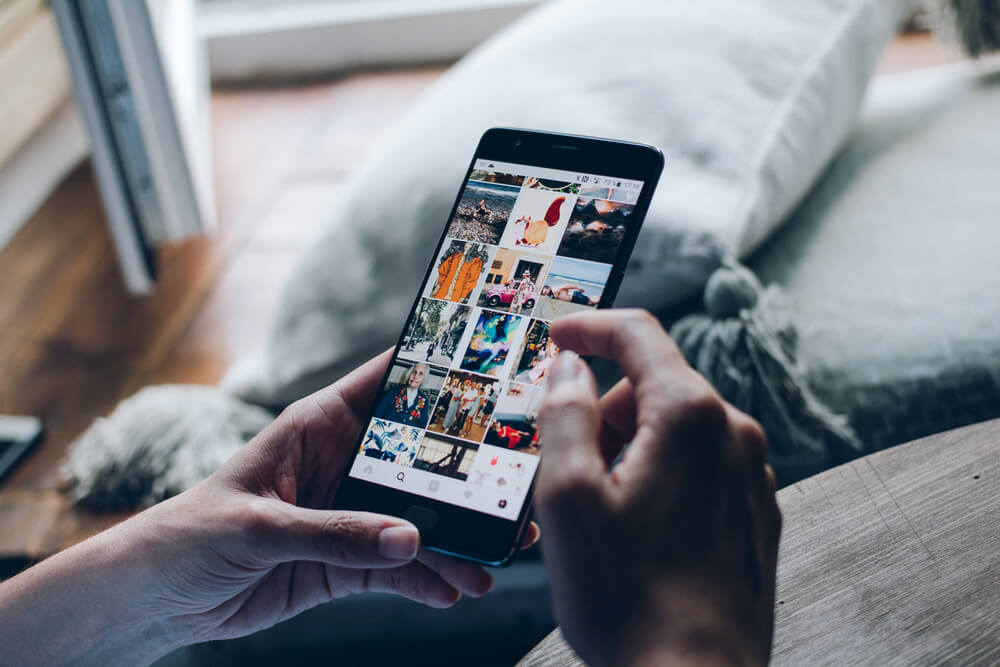Social media is here to stay. This new form of communication has completely revolutionized the way we understand the world, in fact, in some respects, we have had great advantages in the past, however, for some people, it cost dearly: the beginning of the dictatorship of tastes.
Today we are more dependent than ever on the idea that they care about us, with the rise of social networks like Instagram or Facebook, it seems that if we don’t have hundreds of subscribers no one values us, this generates intense emotion. discomfort in much of the population.
- Therefore.
- In this article we will talk about the negative effects of this dictatorship of likes.
- However.
- Before we understand why social networks are able to generate so much dependence.
Human beings are completely social animals. One of our basic instincts is the search for acceptance, according to evolutionary psychology our ancestors needed their group to survive, so those who did not pay attention to the effect they had on others died without leaving offspring.
That’s why we come from others: from those who were constantly dependent on what others thought of them, that’s why we inherited the instinct to try to please others, which in the past has resulted in a good relationship with neighbors or close friends. Today, however, social media has completely changed the paradigm.
Now a kind of contest has been launched to see who is most popular on Facebook or Instagram, the dictatorship of what these platforms have generated makes us obsess about looking better than others, so we compare ourselves to others, we feel terrible if the lives of others seem more attractive.
Some studies show that a large part of the young population is addicted to social media, this is partly because apparently a photo activates the same brain reward mechanisms as kissing someone we care about or listening to a compliment.
Because of this similarity between online care and real attention, our brain is unable to differentiate them in any way; However, the biggest problem with Internet reliance on validation is that everyone seems to be more attractive than us.
By its very nature, the network allows us to see the most outstanding people in the world Can they be the most attractive, the most different, the most popular?But in general, when someone acquires a great reputation on the Internet, it’s because they’re somehow an exceptional person.
The problem is that when we look at our Facebook or Instagram profile we compare ourselves to those people who are well above average, our life, on the other hand, seems gray and boring. We feel like we have to have amazing experiences all the time to live up to the task.
As a result, a lot of addictions and problems arise, for example, many people suffer from the famous FOMO (fear of being lost or, in Portuguese, afraid to be excluded), this cognitive distortion leads us to think that everyone has more interests lives than ours.
Others, on the other hand, are obsessed with showing the world that they are the best, so they are constantly eager to post photos of their last trip, a spectacular outing with friends or the fun new hobby they practice. without being able to really take advantage of these situations.
Unfortunately, a large number of people have fallen into the clutches of this dictatorship, but this harmful trend can be reversed. To do this, simply follow these steps:
Certainly, the way to become independent of social media is long and will be full of challenges, however, regaining self-confidence is one of the best things you can do on your own.

